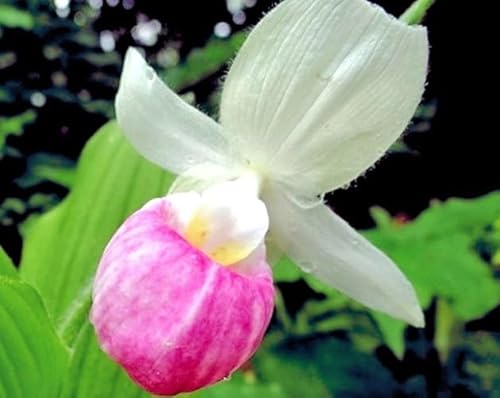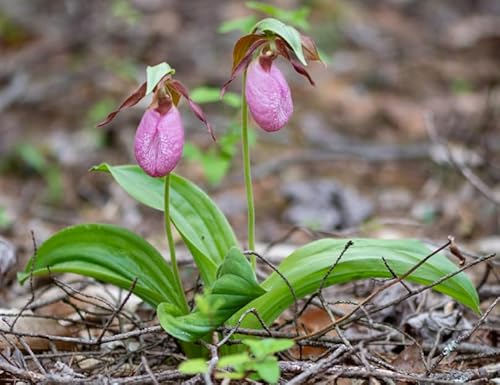VAAlbert
Well-Known Member
Guido, Guido, Guido!
Your comments are as hard to address, in many ways, as the question:
"What proof have we that God did not create the Universe, or the Earth, or orchids, and that He did all of this exactly 4,444 years ago?"
In terms of data and methods, of course I can provide these, but they will never staisfy the eternal skeptic who asks for the ultimate proof. Like nearly every evolutionary biologist, I work in the realm of hypotheses and their evaluation. Not in generating proof.
To say we "don't have a clue" is to maintain that nothing short of The Truth, in the non-agnostic sense, is acceptable. Of course we have clues.
Re:
What scientists like to *think* (flail their arms) about hybridization, Pangaea, has nothing to do with *objectively obtained data and analyses* that do indeed suggest that Orchidaceae belongs in the order Asparagales, not next to Asparagus, but too far away from it in phylogenetic terms.
Which parts of genomes used, and how the data are analyzed are of course legitimate, potential shortcomings that can be discussed -- but we are far from not having a clue, far from looking for proof, far from satisfying the eternal skeptic, and I will not present such material if that will be the constant reply.
Best regards,
Vic
Your comments are as hard to address, in many ways, as the question:
"What proof have we that God did not create the Universe, or the Earth, or orchids, and that He did all of this exactly 4,444 years ago?"
In terms of data and methods, of course I can provide these, but they will never staisfy the eternal skeptic who asks for the ultimate proof. Like nearly every evolutionary biologist, I work in the realm of hypotheses and their evaluation. Not in generating proof.
To say we "don't have a clue" is to maintain that nothing short of The Truth, in the non-agnostic sense, is acceptable. Of course we have clues.
Re:
"Orchid origins and adaptations: Some botanists say the degree to which orchid genera readily hybridise with one another indicates orchids are very recently evolved. They declare orchids must be very young in evolutionary terms as evidenced by the genetic compatibility of so many genera. Others insist the ubiquitous presence of orchids worldwide is best explained if orchid ancestors cam from Pangea - the ancient , single continent from which today's landmasses split, 225 million years ago. Mysteriously, the fossil record can validate neither theory. There simply are no confirmed fossilised orchids - not even seed or pollen microfossils. The prevailing theory that orchids split off from the modern lilies, which some resemble, has been staggered by recent DNA analyses, which designate asparagus as orchids' closest cousin."
What scientists like to *think* (flail their arms) about hybridization, Pangaea, has nothing to do with *objectively obtained data and analyses* that do indeed suggest that Orchidaceae belongs in the order Asparagales, not next to Asparagus, but too far away from it in phylogenetic terms.
Which parts of genomes used, and how the data are analyzed are of course legitimate, potential shortcomings that can be discussed -- but we are far from not having a clue, far from looking for proof, far from satisfying the eternal skeptic, and I will not present such material if that will be the constant reply.
Best regards,
Vic












































